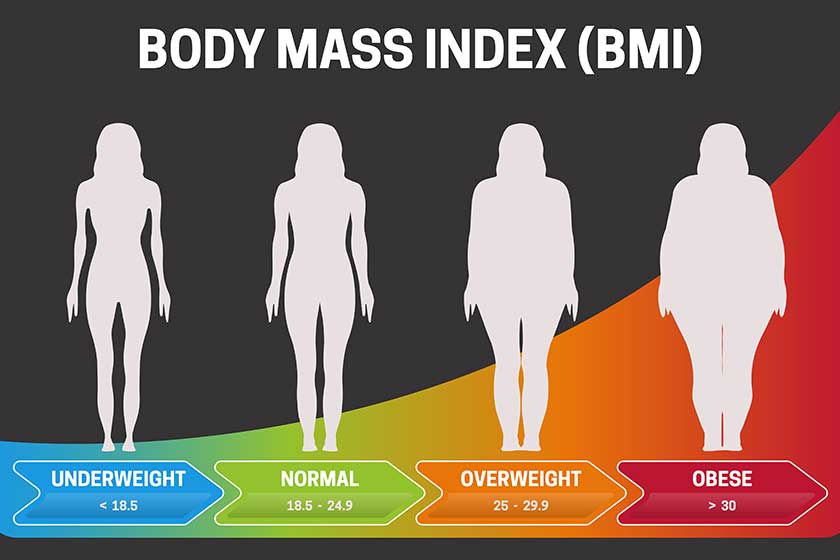Navigating the golden years requires careful attention to health, particularly for senior women who face unique challenges due to age-related physical and physiological changes. A weight chart for senior females is a crucial tool in understanding these shifts, offering a visual representation of the optimal weight range that promotes both health and vitality. This guide explores the implications of maintaining a healthy weight, delving into how this chart can serve as a cornerstone for optimal weight management. By highlighting practical strategies for healthy living, we aim to empower senior women to adopt a holistic approach to wellness, ensuring they thrive in their later years.
Importance of Weight Chart for Senior Women
A weight chart serves as a guideline to help seniors track their weight and assess if it falls within a healthy range. For women, especially seniors, fluctuations in weight can signify underlying health issues or changes in metabolism. Regular monitoring can aid in early detection of potential problems and prompt intervention.
Interpreting the Weight Chart
The weight chart typically categorizes individuals based on their height and age, providing a range of healthy weights. Seniors should aim to maintain a weight that aligns with their body type and frame, rather than adhering strictly to societal norms. Consulting with a healthcare professional can offer personalized insights into what constitutes a healthy weight for individual circumstances.
Health Implications of Excess Weight
Carrying excess weight can predispose seniors to various health complications, including cardiovascular diseases, diabetes, and joint problems. The weight chart serves as a preventive tool, alerting individuals to the risks associated with obesity or being overweight. By managing weight within recommended limits, seniors can mitigate these risks and enhance their quality of life.
Risks of Underweight Among Seniors
While obesity poses significant health risks, being underweight is equally concerning, especially for seniors. Inadequate nutrition, underlying medical conditions, or medication side effects can contribute to unintentional weight loss. Seniors falling below the healthy weight range may experience weakened immunity, muscle loss, and decreased bone density, increasing susceptibility to fractures and infections.
Utilizing the Weight Chart as a Health Indicator
Beyond merely serving as a reference point for weight, the weight chart for senior women acts as a dynamic health indicator. Fluctuations in weight can signal underlying health issues such as hormonal changes, metabolic shifts, or the onset of chronic conditions. Regular monitoring enables early detection of these changes, allowing for timely intervention and management. Moreover, the weight chart provides a framework for setting realistic health goals and tracking progress over time. By viewing weight not just as a number on a scale but as a reflection of overall health, senior women can take proactive steps towards achieving holistic well-being. Consulting with healthcare professionals for personalized guidance enhances the effectiveness of utilizing the weight chart as a proactive tool for health management.
Strategies for Maintaining a Healthy Weight
Seniors can adopt various lifestyle modifications to achieve and sustain a healthy weight. These may include balanced nutrition, regular physical activity, adequate hydration, and sufficient sleep. Additionally, avoiding fad diets and focusing on long-term, sustainable habits is key to achieving lasting results.
Optimizing Wellness: A Balanced Approach to Senior Women’s Weight Management
Understanding the weight chart for senior females empowers individuals to take proactive measures toward their health and well-being. By incorporating regular weight monitoring and adopting healthy lifestyle practices, seniors can optimize their quality of life and enjoy greater vitality as they age. Prioritizing a balanced approach to weight management is fundamental to aging gracefully and maintaining vitality in the golden years. In our retirement community, we provide the tools and support necessary for effective weight management. Our wellness programs are designed to help residents maintain a healthy weight through balanced nutrition and regular physical activity. Our team is committed to assisting each resident in achieving their personal health goals. For more information on how we can support you, please contact us today.







